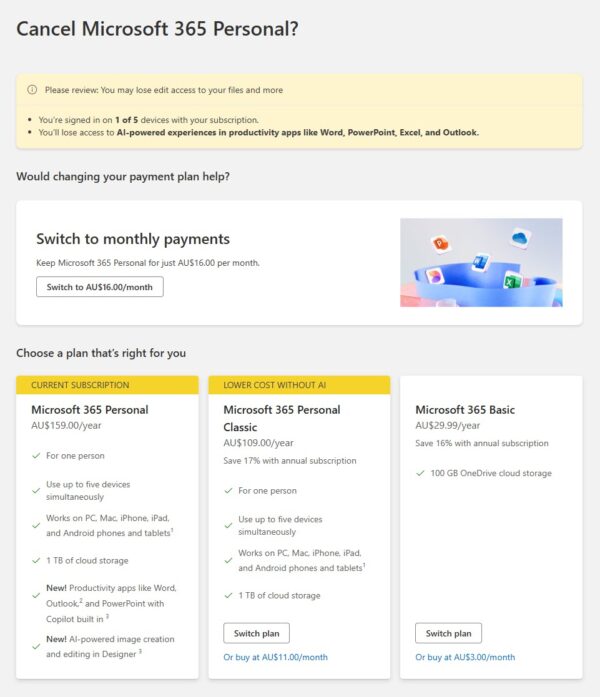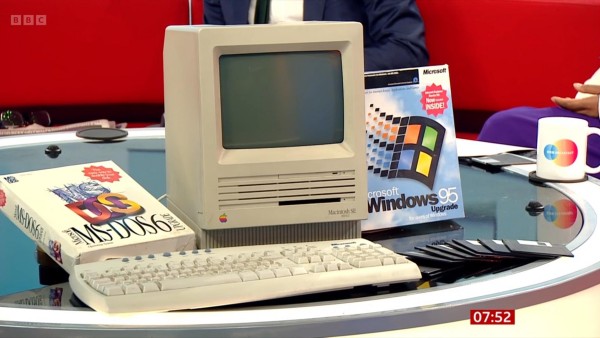EU Commission launches yet another investigation into a US tech giant
 After fining X €120 mn. last month for breaching the transparency obligations of the Digital Services Act, the European Commission has announced it has initiated a formal anti-trust investigation to assess whether Google has breached EU competition rules by using the content of web publishers and content uploaded to YouTube, for artificial intelligence (‘AI’) purposes.In particular, the investigation will examine whether Google is distorting competition by imposing unfair terms and conditions on publishers and content creators or by granting itself privileged access to such content, thereby disadvantaging the developers of rival AI models.
After fining X €120 mn. last month for breaching the transparency obligations of the Digital Services Act, the European Commission has announced it has initiated a formal anti-trust investigation to assess whether Google has breached EU competition rules by using the content of web publishers and content uploaded to YouTube, for artificial intelligence (‘AI’) purposes.In particular, the investigation will examine whether Google is distorting competition by imposing unfair terms and conditions on publishers and content creators or by granting itself privileged access to such content, thereby disadvantaging the developers of rival AI models.
The Commission is concerned that Google may have:
- Used the content of web publishers to provide generative AI-powered services (‘AI Overviews’ and ‘AI Mode’) on its search results pages without appropriate compensation and without offering them the possibility to refuse such use of their content. AI Overviews shows AI-generated summaries responsive to a user’s search query above organic results, while AI Mode is a search tab similar to a chatbot answering users’ queries in a conversational style. The Commission will investigate to what extent the generation of AI Overviews and AI Mode by Google is based on web publishers’ content without appropriate compensation for that, and without the possibility for publishers to refuse without losing access to Google Search. Indeed, many publishers depend on Google Search for user traffic, and they do not want to risk losing access to it.
- Utilised video and other content uploaded on YouTube to train Google’s generative AI models without appropriate compensation to creators and without offering them the opportunity to reject such use of their content. Content creators uploading videos to YouTube are obliged to grant Google permission to use their data for different purposes, including training generative AI models. Google does not remunerate YouTube content creators for their content, nor does allow them to upload their content on YouTube without allowing Google to use such data. At the same time, rival developers of AI models are barred by YouTube policies from using YouTube content to train their own AI models.
If proven, the practices under investigation may breach EU competition rules that prohibit the abuse of a dominant position (Article 102 of the Treaty on the Functioning of the European Union (‘TFEU’)) and Article 54 of the European Economic Area (‘EEA’) Agreement.
Commenting on the launch of the investigation, Teresa Ribera, Executive Vice-President for Clean, Just and Competitive Transition remarked as follows:
A free and democratic society depends on diverse media, open access to information, and a vibrant creative landscape. These values are central to who we are as Europeans. AI is bringing remarkable innovation and many benefits for people and businesses across Europe, but this progress cannot come at the expense of the principles at the heart of our societies. This is why we are investigating whether Google may have imposed unfair terms and conditions on publishers and content creators, while placing rival AI models developers at a disadvantage, in breach of EU competition rules.
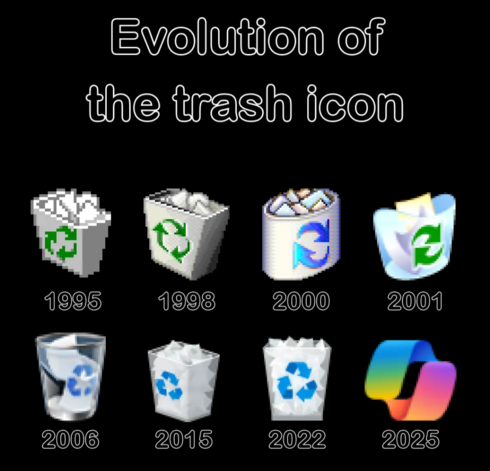
 Last week the
Last week the 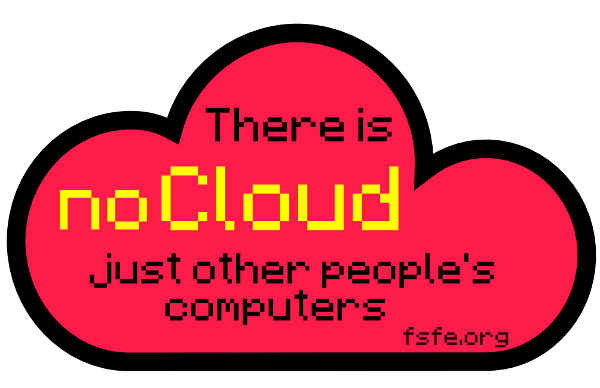
 The VLC media player is a great piece of software which your ‘umble scribe has been using since he was rookie on Windows 9* machines
The VLC media player is a great piece of software which your ‘umble scribe has been using since he was rookie on Windows 9* machines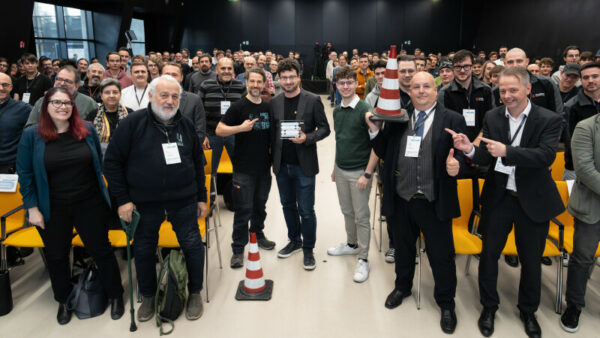
 The Australian Competition & Consumer Commission, which is responsible for ensuring individuals and businesses comply with Australian competition and consumer protection laws
The Australian Competition & Consumer Commission, which is responsible for ensuring individuals and businesses comply with Australian competition and consumer protection laws 